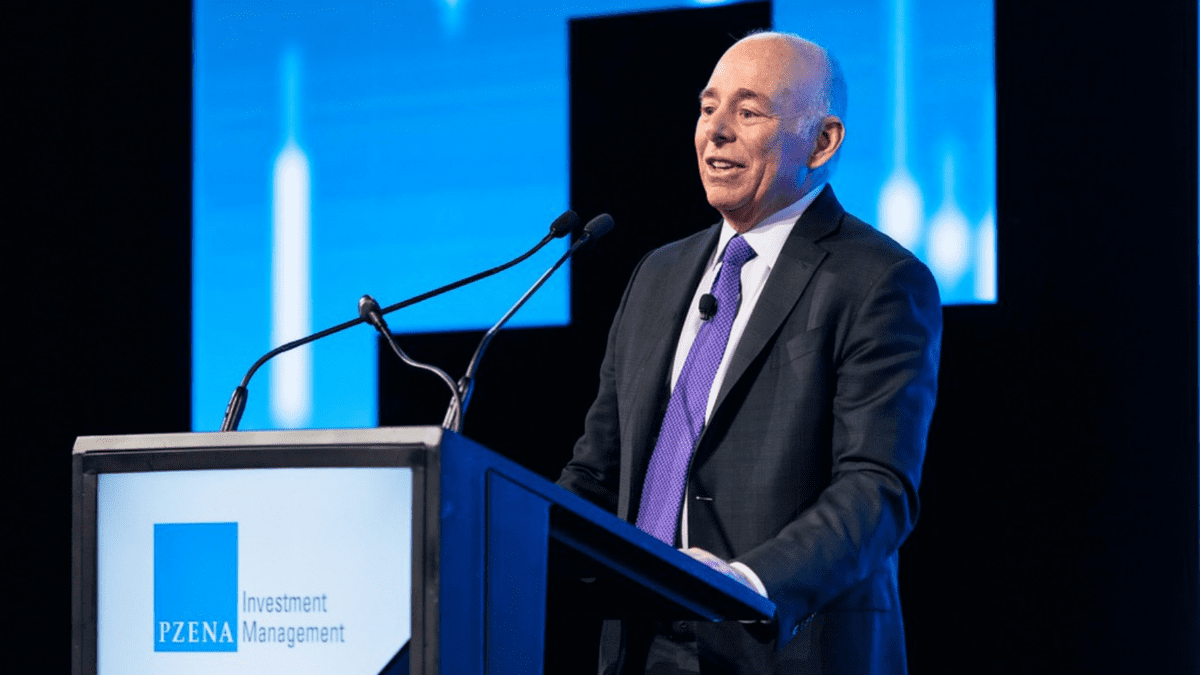‘Somewhat bemused’: Advice review lead, industry push for the adoption of proposals
After seven weeks of deliberation, when the government released the Quality of Advice Review final proposals in early February, the financial services minister’s announcement that Treasury would “stress test” the proposals through another consultation surprised many.
Chief among those confused by the response was review lead and author of the report, Michelle Levy.
“I was a bit puzzled,” the Allens partner told an audience at the SMSF Association National Conference last week. “I remain a bit puzzled.”
Levy travelled the world during her own consultation, at the request of the former government, and spoke to hundreds of stakeholders to understand what ailed the industry and the best approach to fixing it.
Her plan – to separate advice into a “continuum” whereby institutions provide a simpler form of advice under a broader personal advice definition – has widely been applauded as hitting the right notes. As noted by AZ NGA chief executive Paul Barrett on the same panel, “Blind Freddy could see that the institutions had a role to play”.
Barring a socialist-style government led advice program similar to the Money and Pensions Service in the UK (as suggested by consumer groups), or a rapid leap in the application and adoption of advice technology software, bringing the institutions in to provide a limited form of advice was really the only option. Neither of the alternatives are feasible at this point.
Her proposals provided the only feasible framework for the advice industry to cater to a broader swathe of Australians’ financial advice needs, Levy explained, while rebutting concerns they could open the door to the kind of consumer harm brought to light at the Hayne Royal Commission.
“My recommendations are driven by consumer needs, and rest on a strong foundation of law that protects consumers,” she said. “The reforms proposed will not open the door to the poor and harmful advice practices which led to the Hayne Royal Commission. Rather, they will lead to more consumers having access to personal advice that meets their needs – that is good advice.
“It was about providing a framework in which financial advice can be offered in an affordable and accessible way – something I don’t think happens now.”
Support for efficiency
For traditional advisers or “relevant providers”, the report also contained compliance cuts aimed at making the operational side of advice more efficient, including the abandonment of statements of advice and a rationalisation of the design and distribution obligations, as well as a consolidation of the laborious fee consent form requirements.
Asked how advisers were feeling about this plank of the reform suite, Financial Planning Association CEO Sarah Abood it was “very broadly supported”. AZ NGA chief executive Paul Barrett, also on the panel, agreed, calling SOAs “detestable documents”.
The advice review proposals bring with them “inherent risk”, Barret said, but those are risks worth taking. He likened the industry to the medical profession; there is risk associated with taking aspirin, he said, but it doesn’t make sense to see a fully qualified doctor every time you have a headache.
Such is the consensus in the industry, and among those with an interest in getting advice out to more than about 7 or 8 per cent of the population.
Not everyone is completely satisfied. The SMSF groups are keen to get more leeway for accountants to provide SMSF advice, and the consumer groups will remain in outright opposition to institutional involvement.
But Levy said she knew she was never going to please everyone, and that was never the objective.
For her, the mandate is complete. A viable plan to fix top-level advice and bring a separate class of advice to the masses has been tabled.
She said she’s “somewhat bemused” by the government’s prevarication, but remains content that the proposals are sound.
“I was a bit pleased,” she said of the final report. “I thought… there’s something for everybody here, this could be embraced.”











